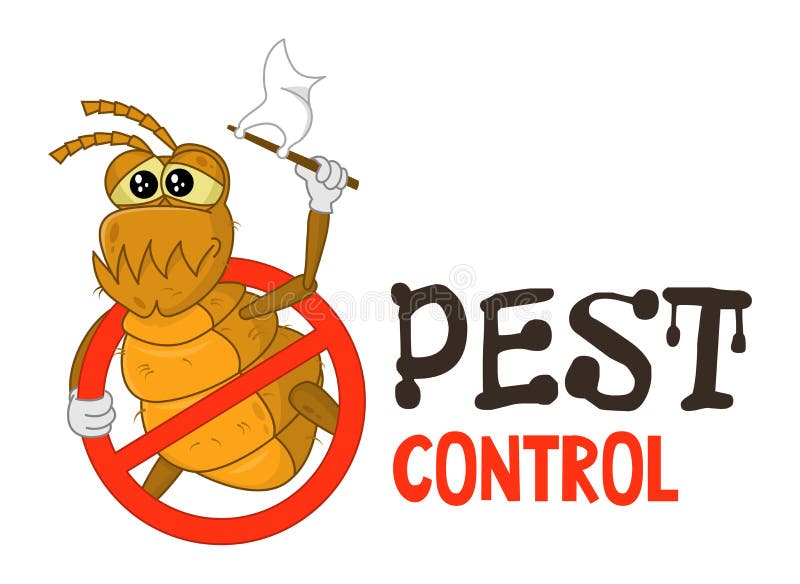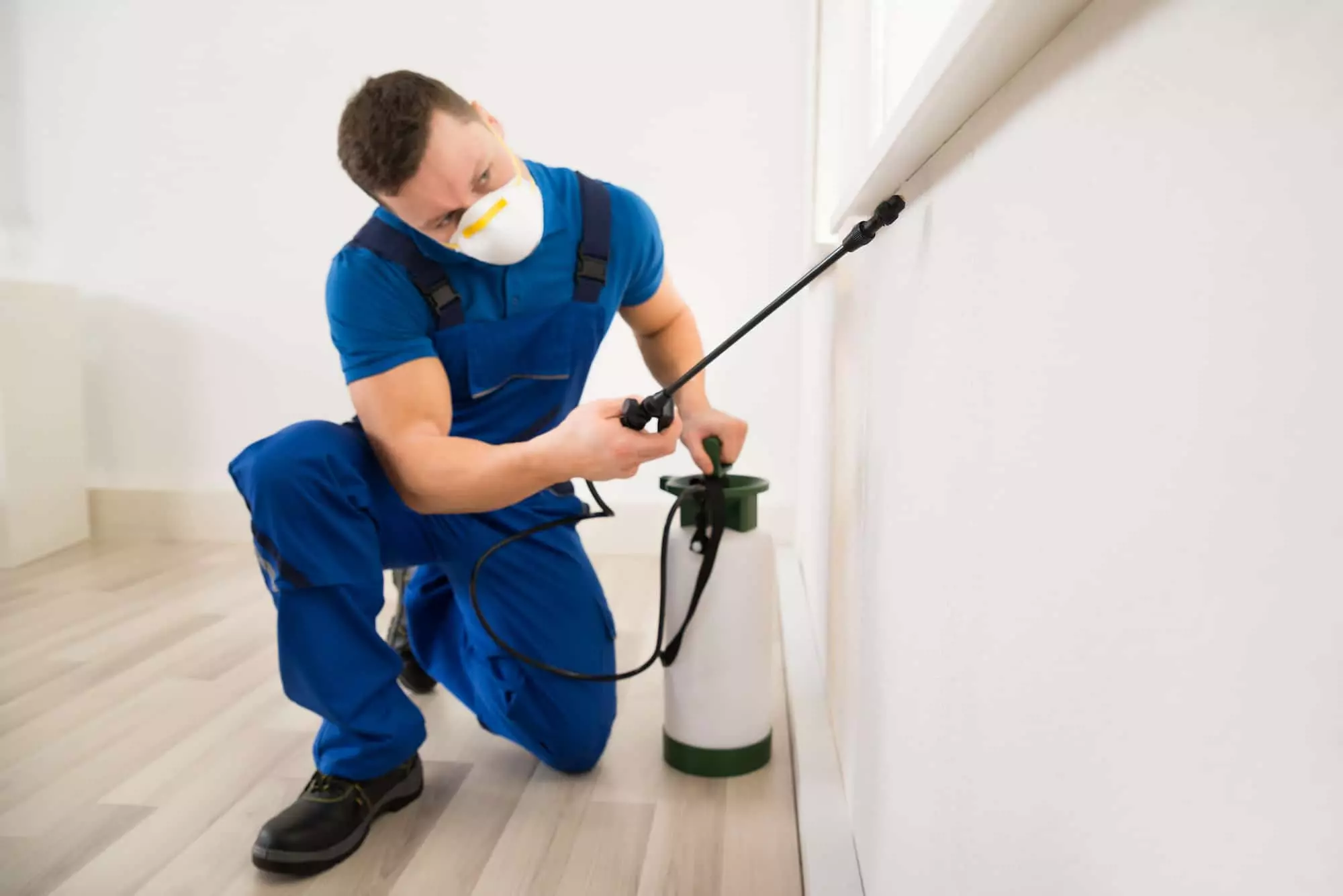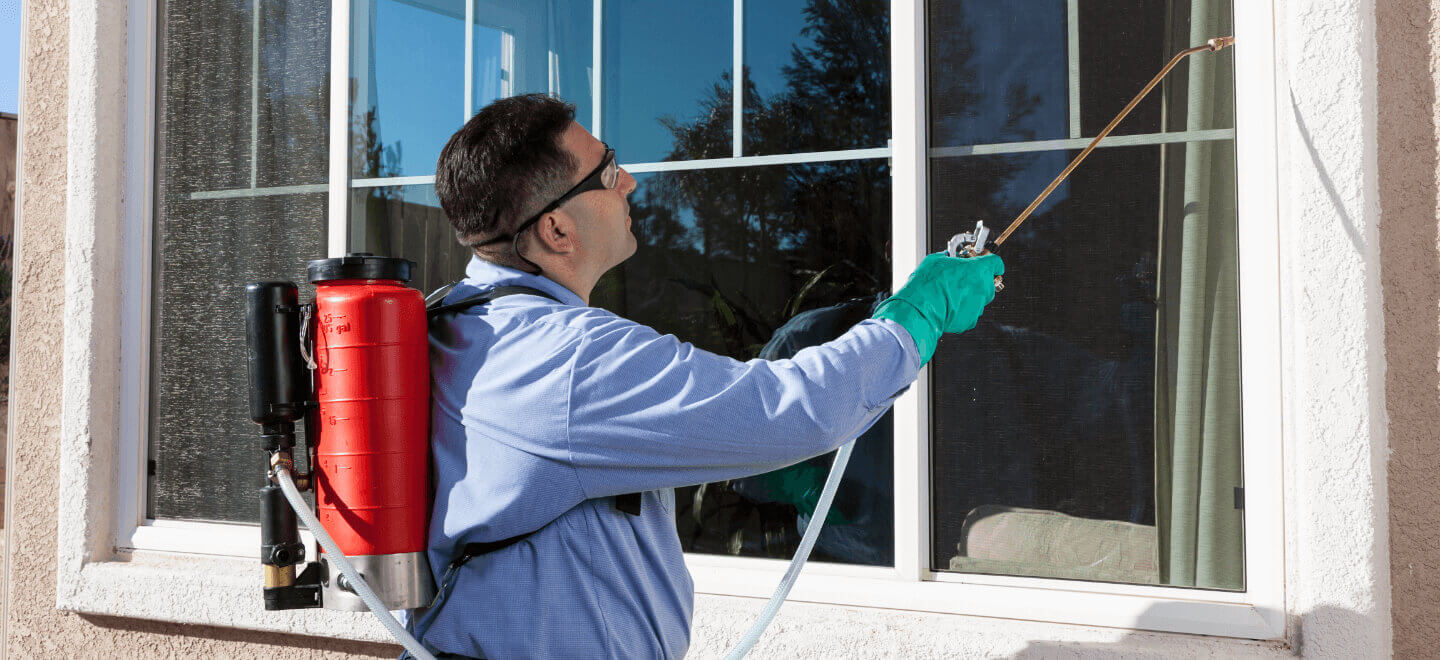Safe and Reliable Insect Control for Lasting Security
Reliable bug management needs a multifaceted strategy that balances eco-friendly stability with the need for reliable parasite suppression. The nuances of these methods may not be immediately clear, motivating a closer examination of the techniques that can lead to lasting bug control results.
Comprehending Parasite Control Approaches
Insect control includes a range of methods intended at managing and getting rid of undesirable insects and rodents that can endanger both wellness and residential property. Understanding these methods is critical for efficient parasite administration.
The key categories of bug control techniques consist of mechanical, organic, and chemical approaches. Mechanical techniques entail physical barriers and catches to stop insect entrance and capture undesirable varieties. For example, utilizing displays on windows or utilizing sticky catches can significantly minimize parasite populaces without introducing harmful substances.

Chemical insect control is commonly one of the most acknowledged method, utilizing chemicals to remove insects. These chemicals can be effective but should be used with care to prevent negative impacts on non-target types and the environment.
Advantages of Eco-Friendly Solutions
Just how can green remedies change parasite control methods? The adoption of eco-friendly parasite control techniques uses many benefits, significantly boosting the efficiency and safety and security of bug management (exterminator coquitlam). Firstly, these remedies use all-natural components, reducing the dependence on harmful chemicals that can posture risks to human health and the atmosphere. This change not just secures households and family pets yet additionally lessens the possibility for dirt and water contamination.

An additional advantage is the favorable influence on regional biodiversity. Eco-friendly options are created to target particular pests while protecting helpful bugs and wildlife, promoting a balanced environment. This method aligns with the growing consumer demand for lasting methods, boosting the track record of pest control companies.
Integrated Parasite Monitoring Techniques
The application of environment-friendly services normally results in the adoption of Integrated Insect Administration (IPM) strategies, which even more boost bug control effectiveness. IPM is an alternative strategy that integrates multiple tactics to take care of pest populaces while reducing environmental effect. This method stresses making use of biological, social, mechanical, and chemical controls, guaranteeing a lasting and well balanced approach of pest monitoring.
One basic facet of IPM is the thorough analysis of bug activity and ecological conditions. By checking parasite populaces and determining their life cycles, practitioners can execute targeted treatments that disrupt the bug's environment or lifecycle, decreasing reliance on chemical pesticides. Additionally, social techniques such as crop turning and habitat adjustment can substantially reduce bug establishment and recreation.
One more crucial part is making use of biological control agents, such as useful pests or bacteria, which can naturally reduce insect populations. When chemical applications are needed, IPM focuses on making use of low-risk chemicals and uses them uniquely, reducing direct exposure to non-target organisms and human beings.
Including IPM methods not just enhances parasite control efficiency however likewise promotes a much safer ecosystem, lining up with the expanding need for sustainable practices in bug management.
Safe Practices for House Owners
Comprehending the relevance of secure methods in insect control can empower home owners to effectively handle insect concerns while guarding their wellness and the environment. Implementing preventative websites measures and non-toxic methods is critical in minimizing direct exposure to hazardous chemicals.
House owners need to initially examine their setting for conditions that draw in bugs, such as standing water, mess, and food waste. Regularly cleaning and securing entry factors can hinder bugs from attacking the home. Using all-natural deterrents, such as essential oils or diatomaceous planet, can supply reliable options to chemical pesticides.
When chemical treatments are needed, homeowners must select items that are especially labeled as secure for property use. It is important to follow application guidelines meticulously to prevent too much exposure. Using targeted treatments in locations where parasites are identified, instead his explanation than blanket spraying, can substantially reduce chemical usage.
Lastly, keeping open communication with parasite control specialists is vital. Home owners need to inquire regarding the security of items utilized and request green alternatives whenever possible. By adopting these safe practices, property owners can develop a healthier living atmosphere while effectively taking care of insect concerns.

Tips for Long-Term Defense
Establishing an insect monitoring strategy that emphasizes long-lasting defense can considerably improve the efficiency of the secure practices formerly discussed. To achieve this, homeowners must execute routine inspections of their home, concentrating on concealed locations such as attics, cellars, and crawl areas. Early detection of parasite activity is essential in stopping infestations from taking hold.
These practices minimize attractants that draw parasites right into the home. Sealing access factors, such as fractures around windows and doors, can successfully block prospective pest accessibility.
Landscape design needs to additionally be taken into consideration; maintaining plants cut and maintaining a range between plant life and the home decreases concealing places for parasites. Utilizing all-natural deterrents, such as important oils or diatomaceous earth, can further prevent problems without resorting to harsh chemicals.
Lastly, working together with a specialist pest control solution for regular evaluations can give an additional layer of security. These professionals can supply customized suggestions and advanced treatments, guaranteeing that your home continues to be protected against parasites in the long-term.
Final Thought
Finally, risk-free and trusted pest control requires a complex approach that stresses eco-friendly approaches and integrated bug monitoring. By implementing natural deterrents, conducting regular evaluations, and maintaining proper hygiene, homeowner can substantially reduce insect populations while protecting useful pests and the environment. Collaboration with professional insect control solutions boosts the efficiency of these approaches, ensuring tailored remedies that offer enduring defense and tranquility of mind versus visit the website future problems.
Effective parasite monitoring calls for a diverse technique that stabilizes ecological stability with the requirement for effective parasite suppression. The adoption of eco-friendly parasite control methods provides countless advantages, significantly improving the effectiveness and security of bug management.The execution of green remedies normally leads to the fostering of Integrated Parasite Administration (IPM) approaches, which even more improve insect control efficacy. exterminator coquitlam. By keeping track of insect populaces and determining their life cycles, specialists can apply targeted treatments that interrupt the parasite's environment or lifecycle, reducing dependence on chemical pesticides.In conclusion, dependable and risk-free insect control needs a diverse technique that highlights eco-friendly approaches and incorporated pest monitoring